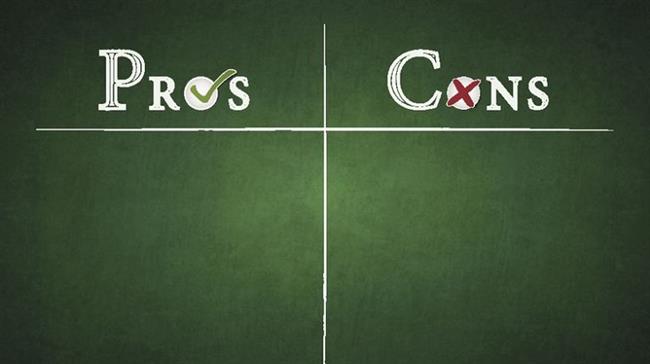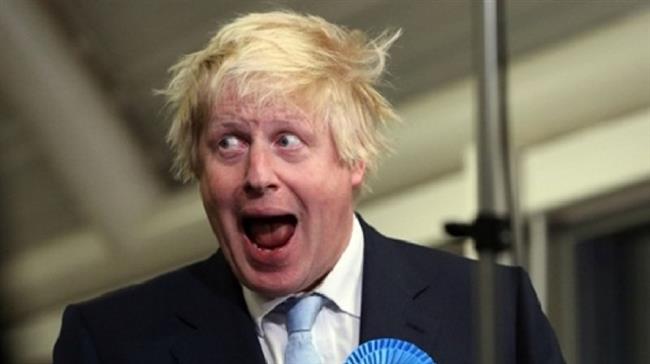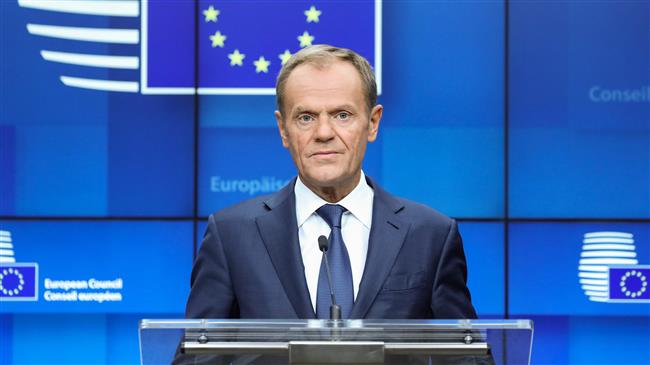Three-month Brexit extension will not necessarily lead to a breakthrough
The European Union’s (EU) decision to grant Britain a three-month Brexit extension has had a mixed reaction.
It is bad news for Prime Minister, Boris Johnson, who had been promising for months to honour the scheduled exit date of October 31. Johnson even went as far as saying he’d rather be “dead in a ditch” than to request a Brexit extension.
But beyond Johnson and the Tory hard right, the EU’s decision has been met by welcome relief. The opposition parties had held up the PM’s new Brexit bill in Parliament on the grounds that they needed more time to review and discuss it before progressing the bill onto the ratification stage.
The opposition parties, in tandem with rebel Tories led by Oliver Letwin, also argued that the risk of an “accidental” no-deal had to be fully contained before they could vote on the Brexit bill.
A Brexit delay of three months now gives these parties sufficient time to subject the bill to forensic scrutiny before voting on it. Equally important, it has removed the threat of a no-deal Brexit – at least for the next three months.
It can be argued that both are positive developments for the UK. But does that mean that the UK political establishment now has both the time and wherewithal to break the Brexit deadlock?
Not necessarily. The British political establishment is deeply splintered, as demonstrated by its inability to agree on even the simplest of arrangements.
The PM wants to hold a general election on December 12, but his plan is opposed by the Liberal Democrats and the Scottish National Party (SNP), who want to hold an election three days earlier on December 09.
Now that Labour party leader, Jeremy Corbyn, has agreed in principle to a December election, it remains to be seen who gets their way; the PM or the Lib Dems and the SNP.
As ever with Brexit the only certainty is continuing uncertainty, particularly in the political sphere. That is clearly not a positive development.
Furthermore, continuing Brexit uncertainty is bad news for the economy and British businesses.
The Guardian reported on October 25 that Brexit uncertainty is driving up “job losses” and is “holding back” the economy.
According to The Guardian, the number of people in work dropped by the largest margin in four years in August [2019], as companies freeze their hiring plans. Consequently, firms are losing contracts and facing delays because of the uncertainty over Britain’s future.
Britain may have got a three-month breathing space, but there is no sign yet of that crucial breakthrough which can place both politics and the economy on a relatively stable footing.
By Rupert Cansell, Investigative Journalist
Hamas rebukes Trump's 'Board of Peace' meeting
Iran and Saudi FMs discuss outcomes of latest indirect Iran-US talks
VIDEO | Maritime anti-terrorism drill
UK's police arrest ex-prince Andrew over sex scandal linked to Epstein
Iran elected vice-chair of UN Special Committee on Charter
Iran envoy says decision made to exchange ambassadors with Egypt
Russia continues to develop relations with Iran: Kremlin
VIDEO | Friends of Palestine meet at UN in Vienna













 This makes it easy to access the Press TV website
This makes it easy to access the Press TV website